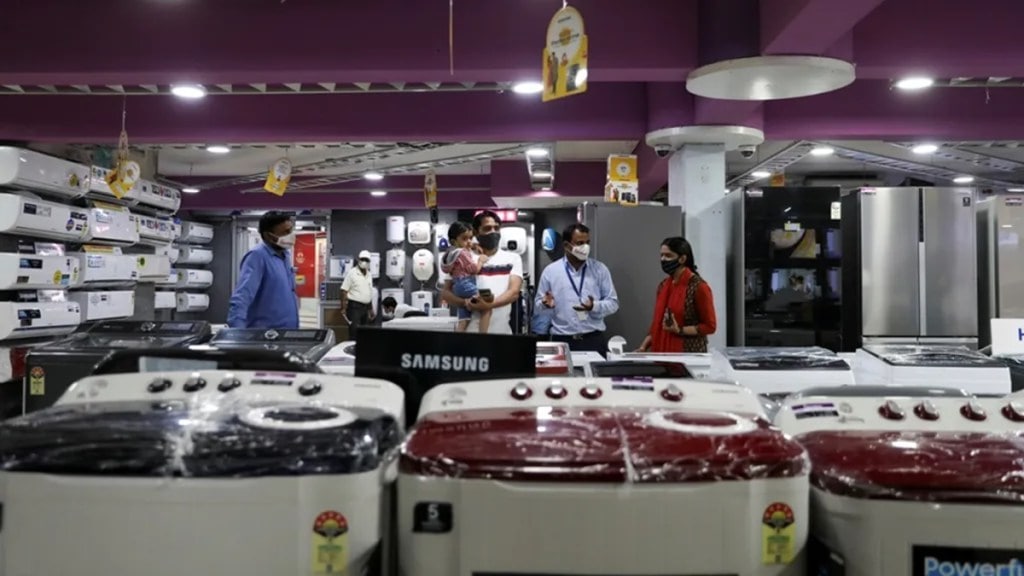Durable majors are counting on a surge in demand for artificial intelligence or AI-enabled products to increase their sales, coming at a time when consumers are seeking more intelligent and efficient home appliances.
Korean major Samsung India, for instance, is aiming for over two-third of its appliance sales to come from AI-powered products by the end of calendar year 2025 from 50% now, a top official said.
Rivals such as LG, Godrej and Haier derive about 35-40% of their appliance sales from AI-based products, with a plan to garner about 60-70% of their revenue from this portfolio in the next one year, executives from these companies said.
The trend is also gaining traction as companies seek to democratise their AI portfolios by offering AI-enabled features in home appliances at affordable price points. For instance, Samsung offers an AI-based windfree air conditioner under its Bespoke range starting from Rs 36,000 a unit, while the AI double-door refrigerator is available from Rs 44,000 onwards, Ghufran Alam, vice-president, digital appliances business, Samsung India, said.
“The endeavor is to understand lifestyles and deliver real-world convenience with AI-enabled products. This makes it exciting for consumers wishing to own such products,” Alam says.
For those consumers seeking smart laundry solutions, on the other hand, Samsung’s Bespoke AI top-load washing machine, Alam says, starts at Rs 24,500 for an eight-kg model. At the same time, high-end users have an all-in-one washing machine with both washing and drying convenience coupled with smart automation, also under the Bespoke range, at Rs 319,000 a unit, he adds.
“While premiumisation has been a growing trend in durables over the last few years, consumers also want the best in terms of technology. The adoption of AI-based products is reflective of this broader need. Consumers are also replacing products faster than before as they wish to have better appliances,” Kamal Nandi, business head and executive vice-president, appliances business, Godrej Enterprises Group, said.
Nandi says that Godrej’s high-end washing machines including top-load and front-load options as well as frost-free refrigerators as well as split air conditioners are all AI-based today. The price differential between AI-enabled and regular home appliances, Nandi explains, has also been falling over the last few years, with the (price) difference between the two now down to about 5-10%. However, the price differential between super-premium products that are AI-enabled and regular home appliances is higher, he says.
“This makes it easy for companies to push these products through easy-financing schemes,” Nandi says.
NS Satish, president, Haier Appliances India, says that lifestyle changes and a paucity of time is also pushing consumers to go for AI-enabled features in home appliances. “AI appliances can also integrate into the household. With busy lifestyles and a world that is increasingly interconnected, consumers find AI appliances convenient,” he says. Apart from easy financing schemes, companies are also aggressively marketing these products both online and offline today to take advantage of consumer interest in these appliances, he adds.
